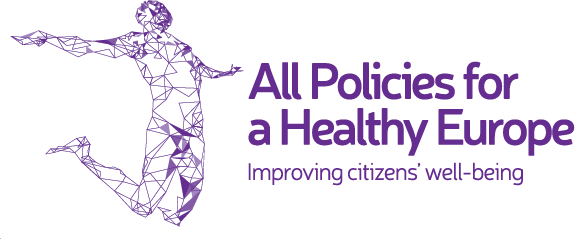Recovery and Resilience: an opportunity to create a health and well-being focused future
- 6 May 2021
- Opinions
Signed by Guy Kerpen, Head of European Affairs Office, Philips
In a short timeframe, COVID-19 has unveiled the cracks in the European Union healthcare systems edifice. The crisis has put to test the capacity of Member States and the Union to cope with large and unexpected shocks and highlighted the importance of functioning and effective health and care systems. It has shown that we need to transform the delivery of healthcare. At the same time, the pandemic has also revealed the untapped potential for digital health and the opportunities for integrating digital transformation and the health sector, with the ultimate objective of improving the health and wellbeing of European citizens in the context of a post-pandemic recovery.
Following the approval of the Recovery and Resilience Facility (RRF), injecting €672.5 billion in financing for Member States reforms aiming to build more sustainable and resilient societies, EU countries put forward ambitious projects in line with the RRF core priorities, which crucially include digital transformation and health. With a 20% minimum expenditure requirement in digital, the RRF highlights the need for Member States not only to welcome the digital transition but also to use digital to strengthen Europe’s health and care systems for the future.
The European Semester review of Member States’ health systems in 2020 highlighted insufficient coordination between healthcare providers and the lack of interoperability among healthcare systems. As proposals with the ambition of building a European Health Union are being discussed and gaining vocal support, the RRF offers a concrete opportunity to finance innovative digital solutions helping to build more resilient health systems, and better prepare for future crises.
To ensure that measures proposed by Member States contribute to the digital transformation of the health sector – one key objective of the RRF – it is crucial that they focus on three main areas:
- Education and effective communication is key to build bridges between citizens and digital tools, foster their trust in emerging technologies and demonstrate their societal benefits. This means investing in digital skills and literacy, encouraging access to health information and data altruism, and promoting the understanding of new technologies such as Artificial Intelligence (AI).
- Promoting interoperability of health data systems is instrumental to fulfil the need for data exchanges and better collaboration between Member States. Investments in the creation of a European Health Data Space, with citizens’ needs at its centre, will be required to facilitate health data exchanges and foster effectiveness and sustainability of healthcare systems. The Gaia-X cloud infrastructure project is a good example bringing forward the foundations for a federated, open data infrastructure based on European values which can support the creation of the European Health Data Space, while at the same time enabling to track data across care settings and solutions.
- Facilitating development and adoption of AI in healthcare systems, while investing in research to enable better understanding of AI by healthcare professionals as well as citizens, is needed. AI has the potential to alleviate the burden off the overstretched healthcare systems for both staff and patients and improve the management of pandemics and chronic diseases. However, it faces many challenges including trust and privacy. Developing robust and fair AI tools enabled by data infrastructures and cloud technology will ensure that healthcare delivery is improved responsibly, and that citizens’ health and well-being remains the primary objective.
As the European Commission now reviews Member States plans to rebuild a greener, digital and more resilient post-COVID-19 Europe, citizens and their health and well-being must remain at the forefront of this transformation. The implementation of the RRF is a perfect opportunity to fully exploit the potential of digital for health interventions with tangible benefits for the EU economy and the common good of all Europeans, leading to the sustainable development of the society.

